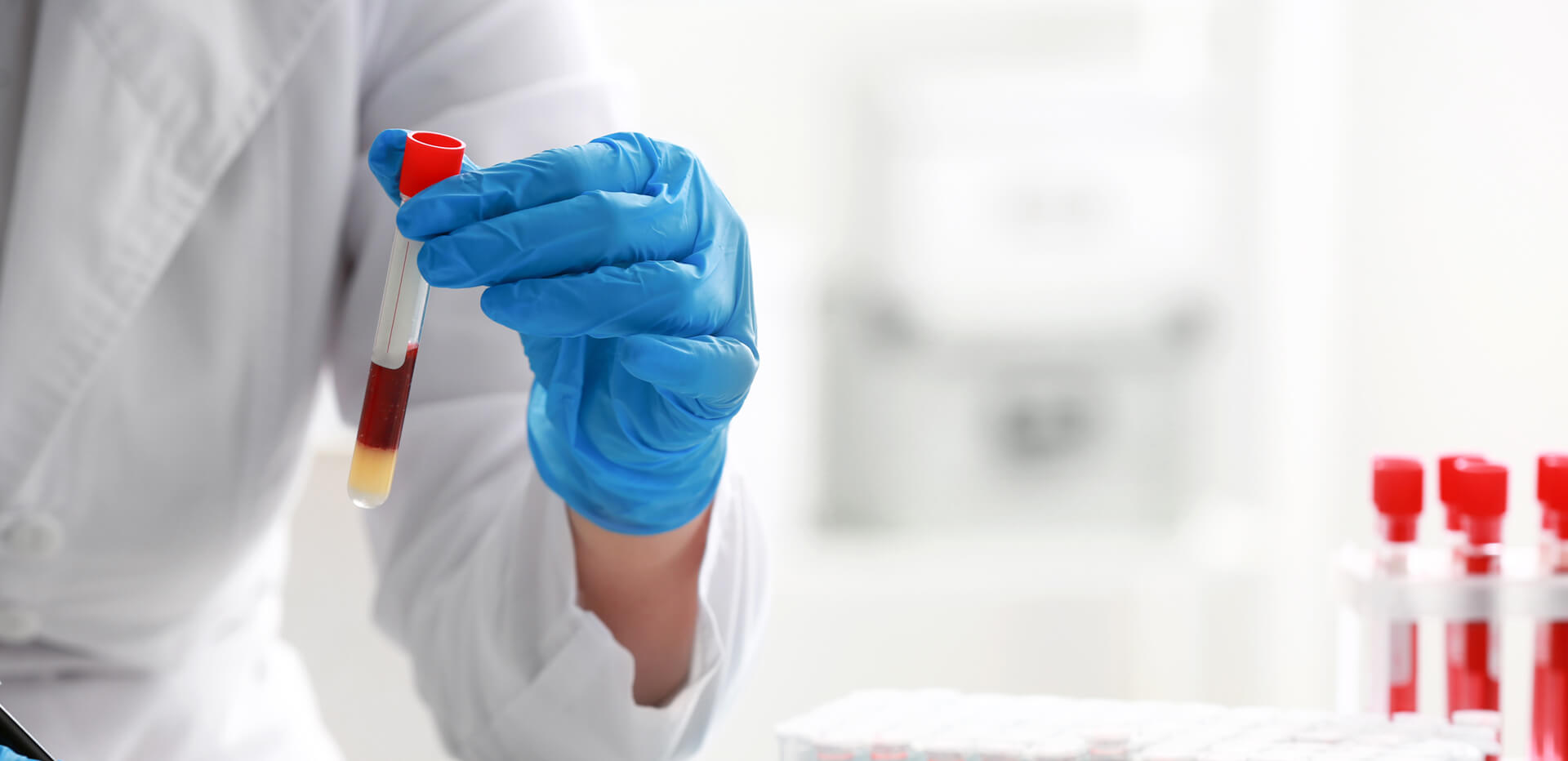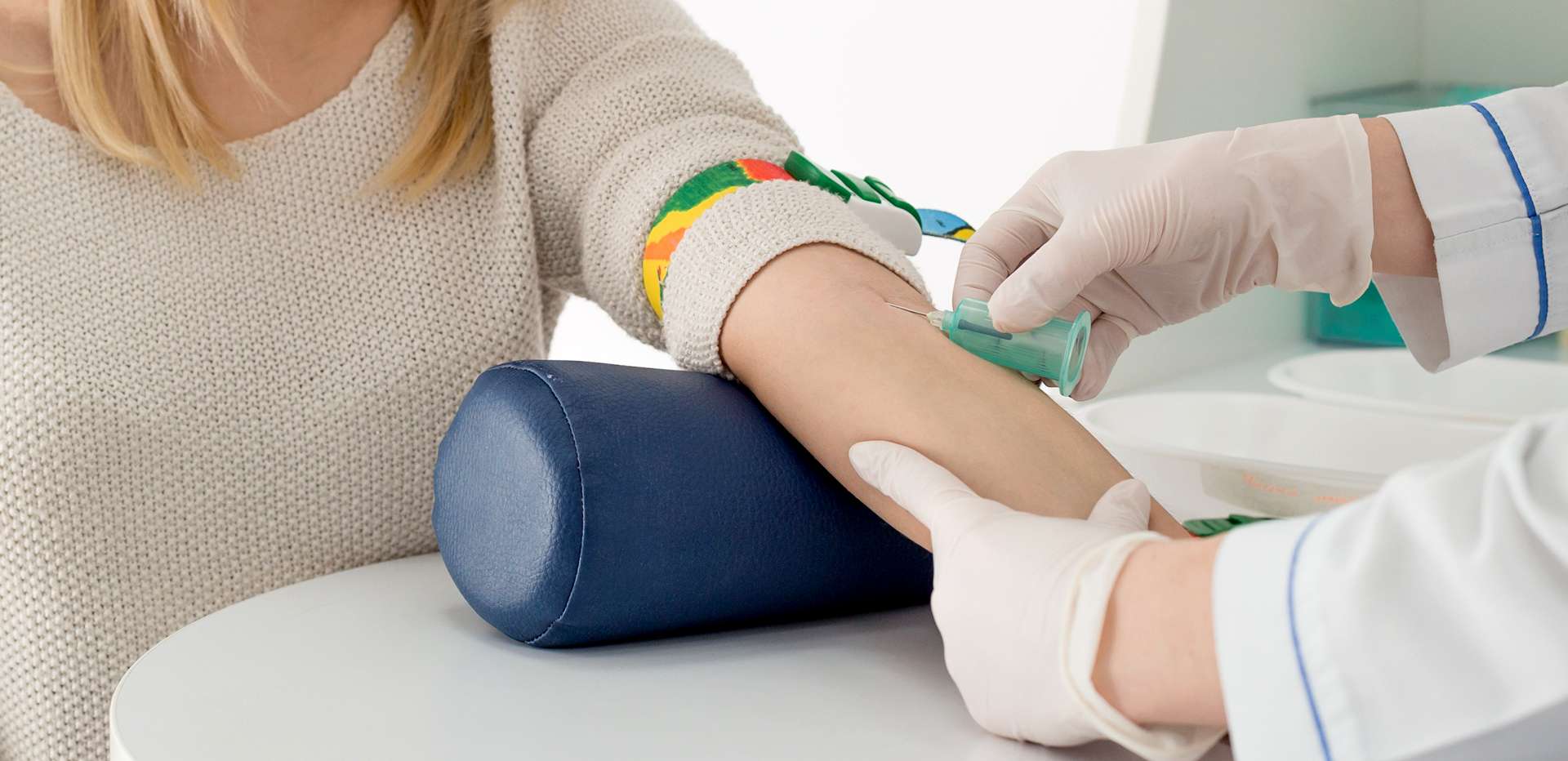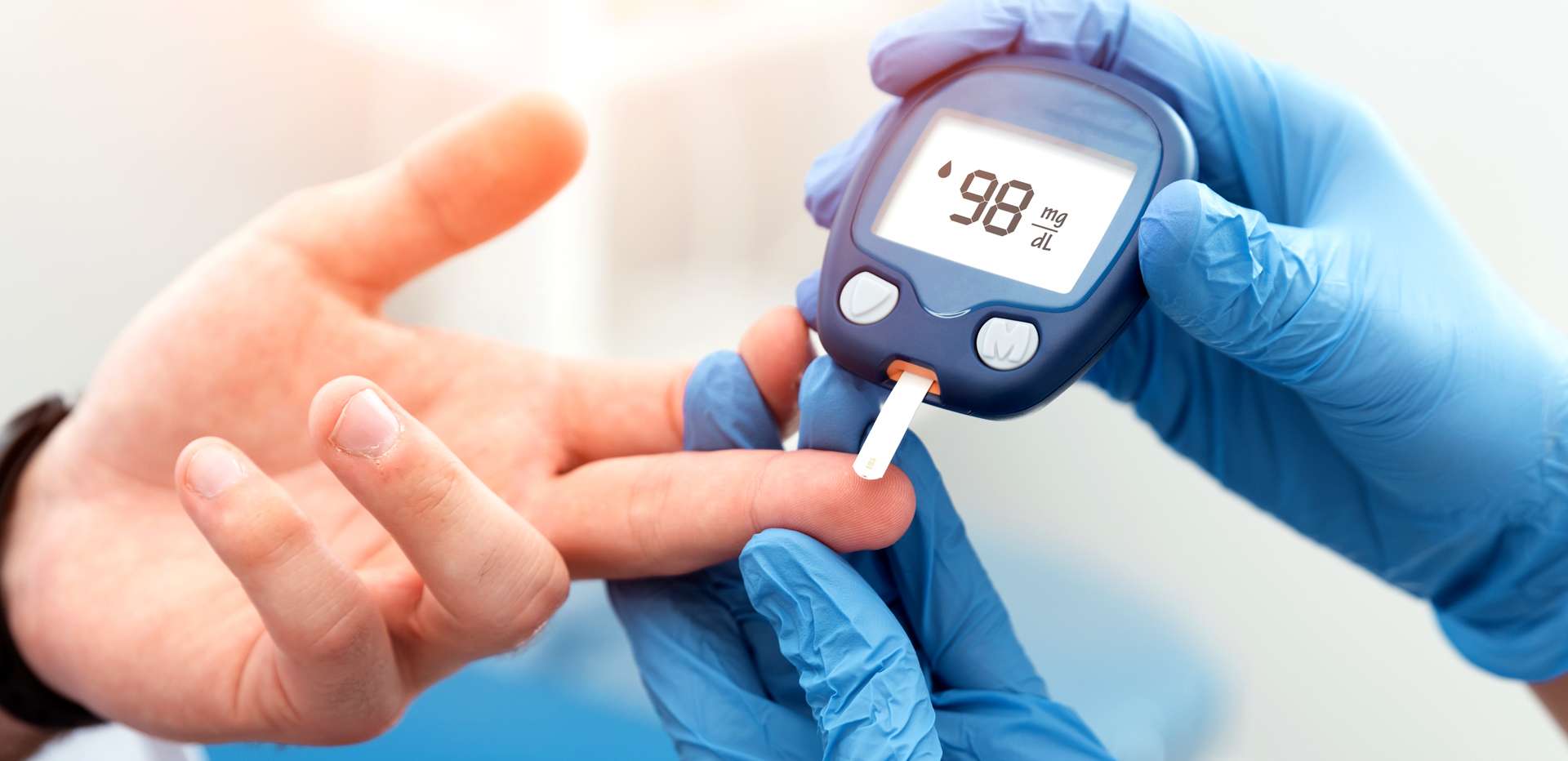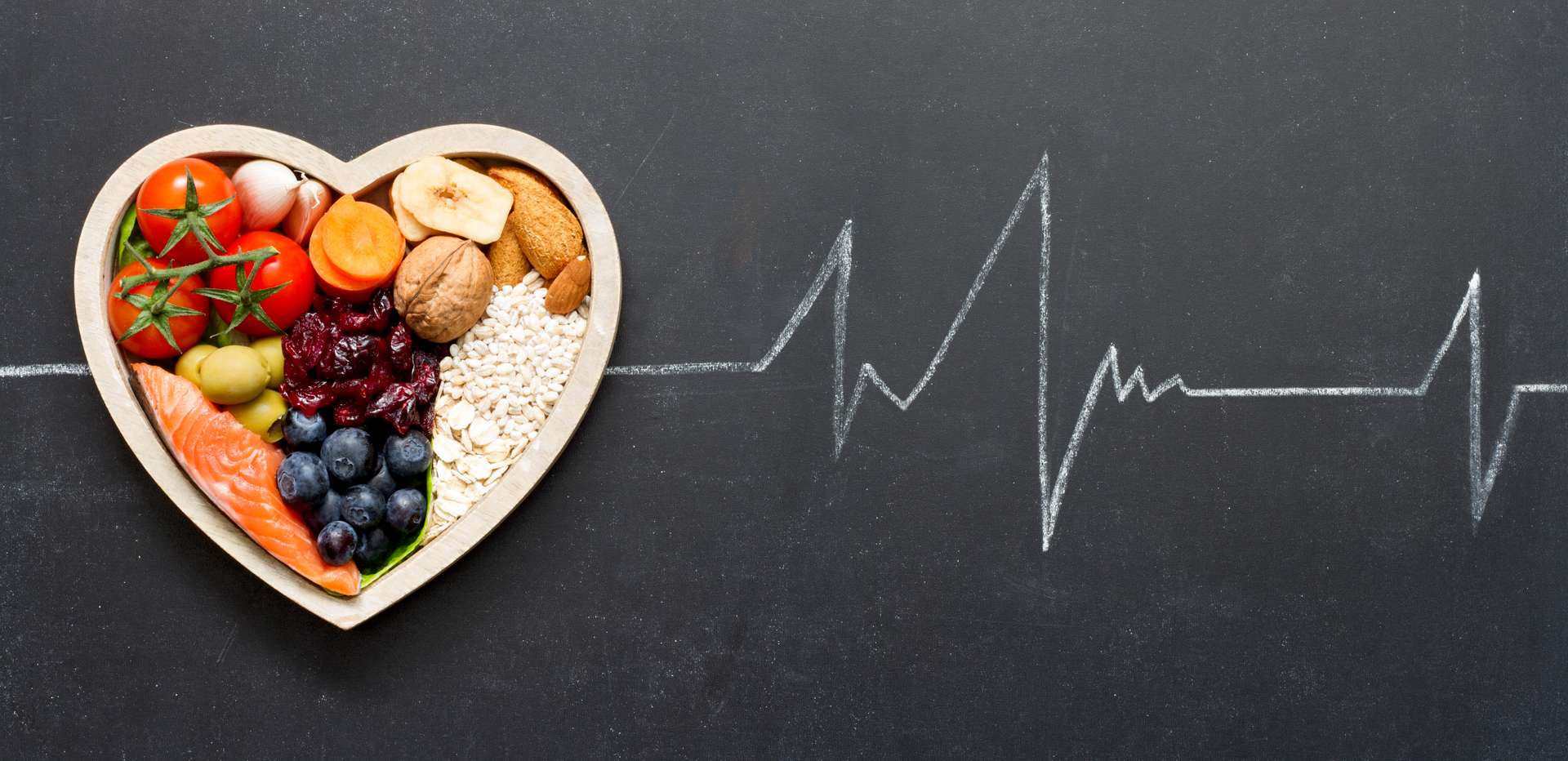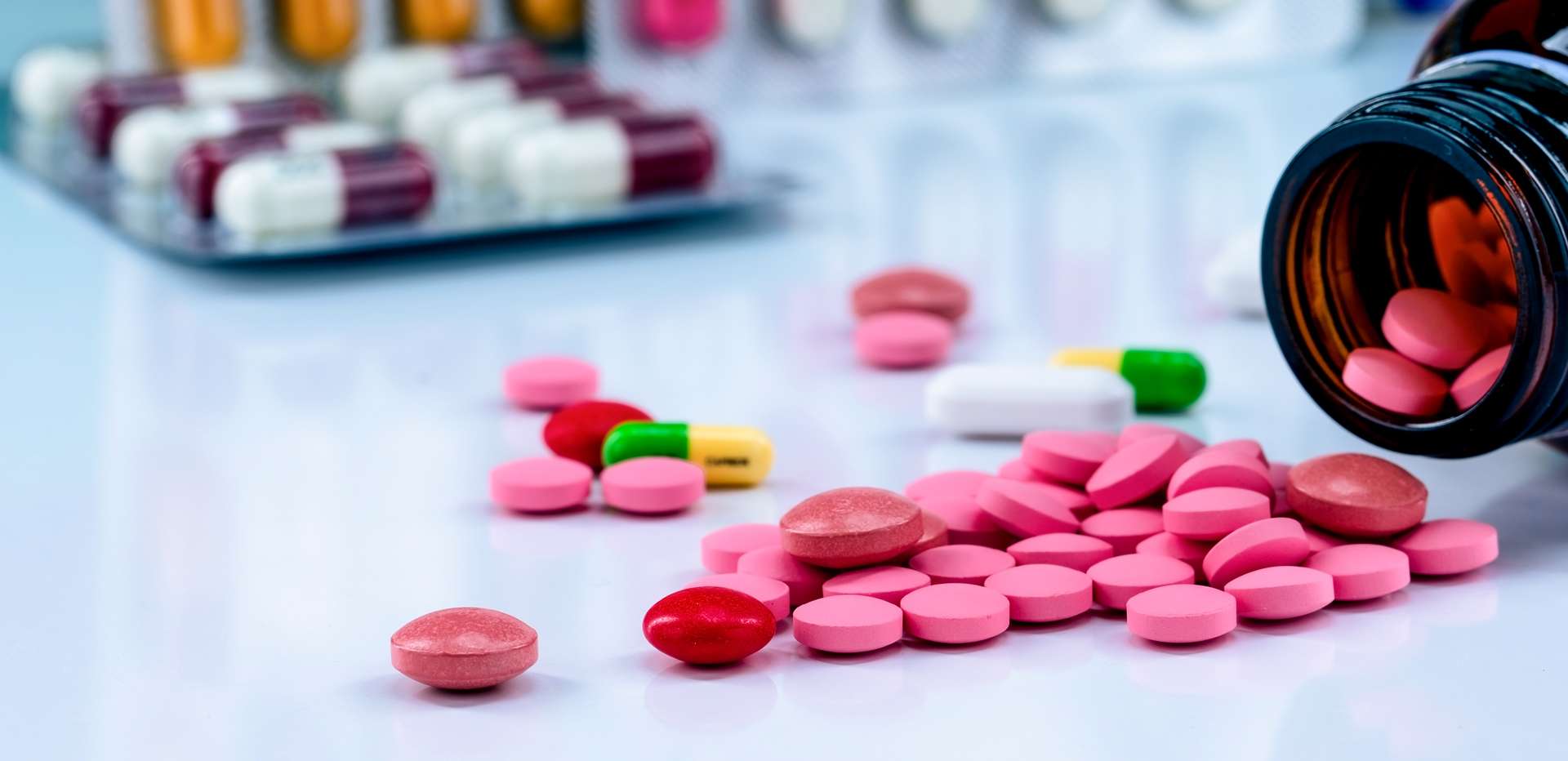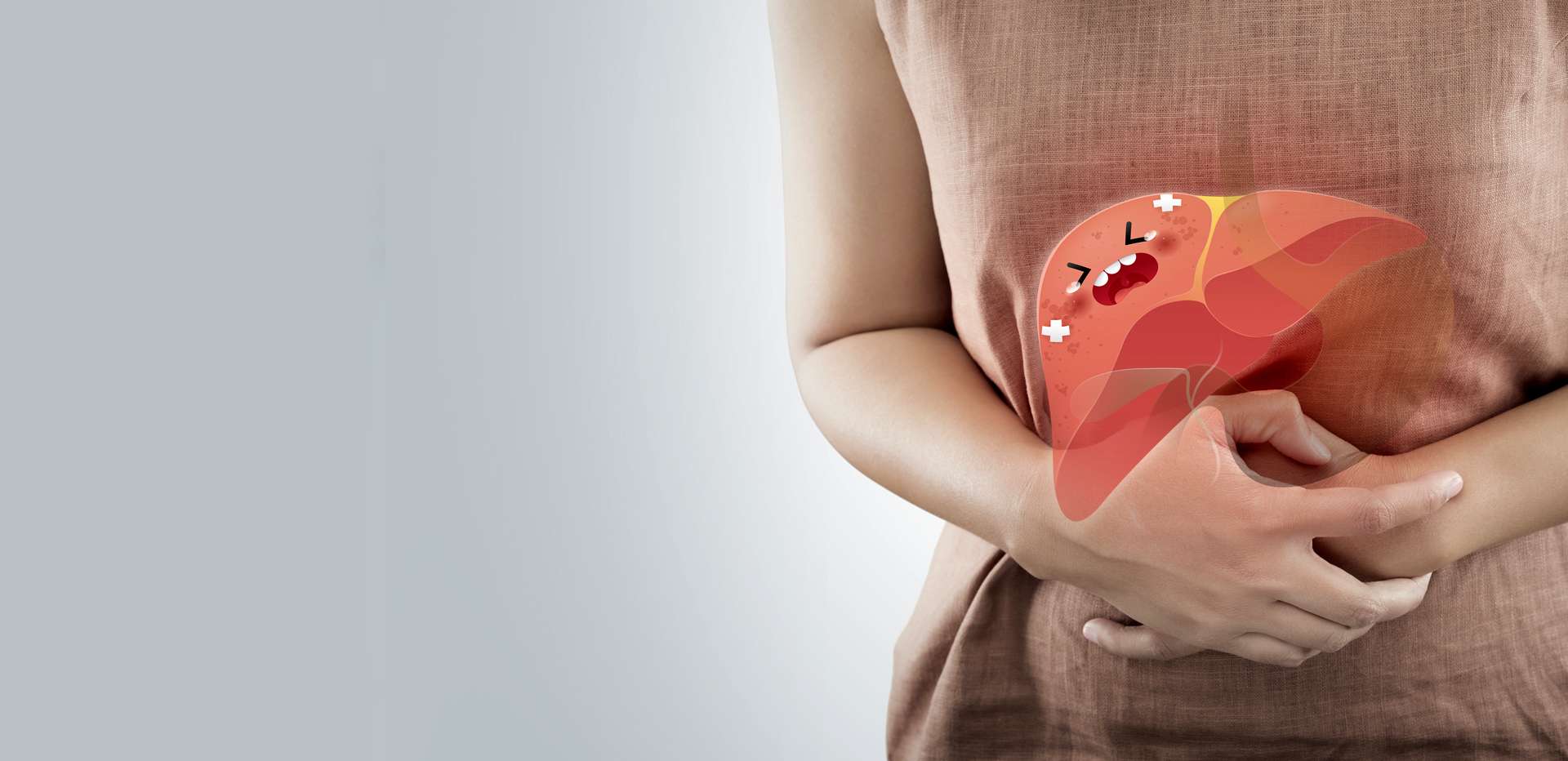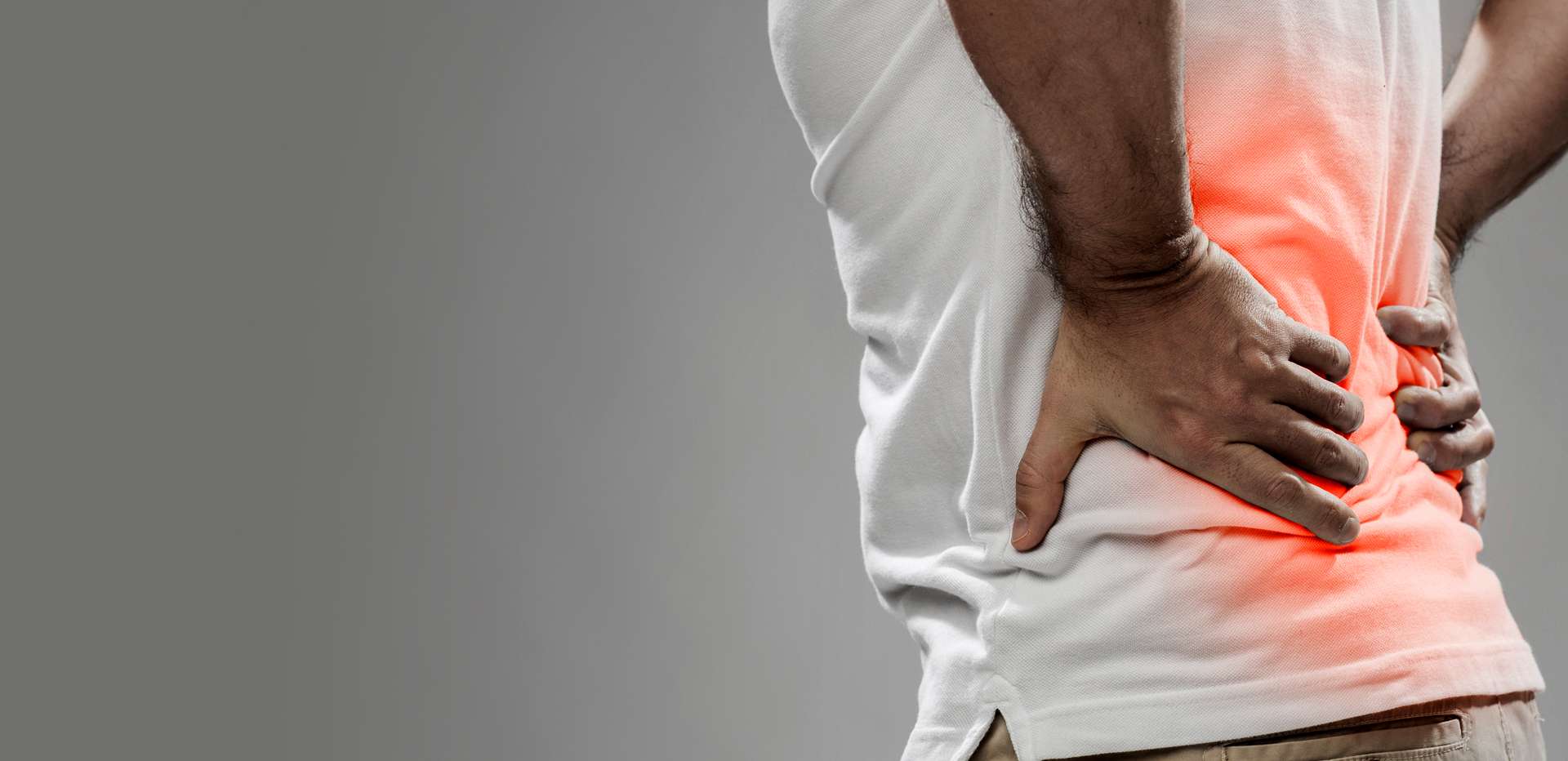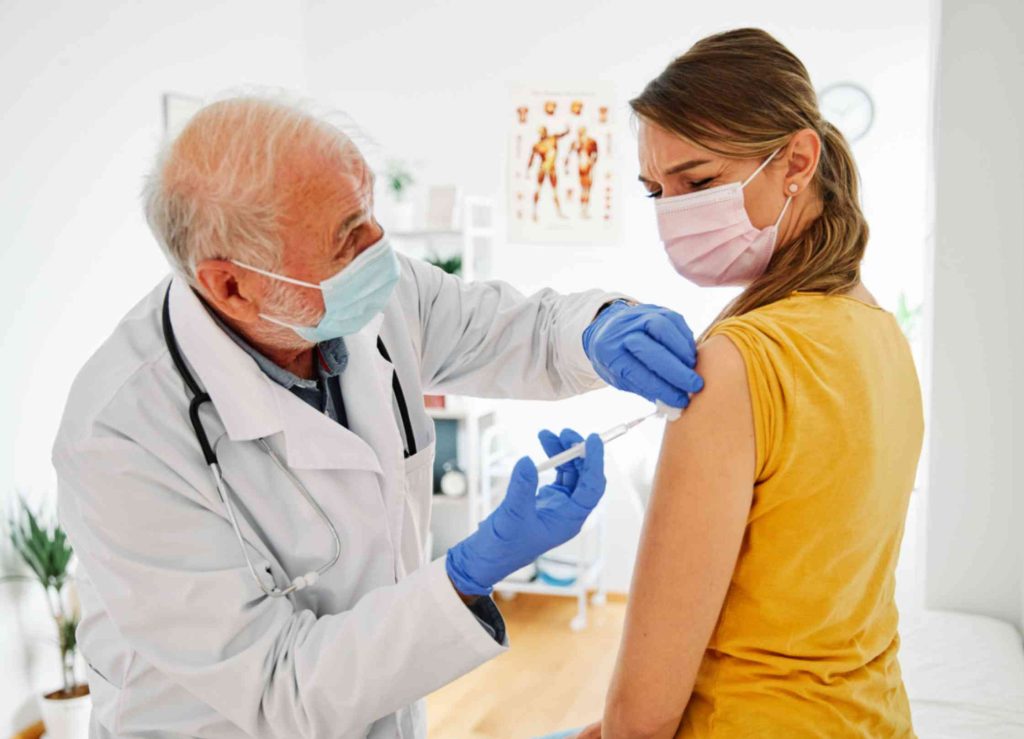Yellow fever is a serious viral disease that can be fatal if left untreated. It is spread by infected mosquitoes and is commonly found in parts of Africa and South America. Although it may seem like a distant concern for many people living in the UK, if you’re planning on travelling to these regions, it’s essential to protect yourself with the yellow fever vaccination.
In this article, we’ll explore how yellow fever is spread, the symptoms, and how a simple vaccination can prevent the transmission and spread of this dangerous virus. Let’s also dive into the possible side effects of the vaccine and why getting vaccinated at a yellow fever clinic is essential before you travel.
What is Yellow Fever?
Yellow fever is a viral disease caused by the yellow fever virus. The virus is primarily spread through the bite of infected mosquitoes, especially the Aedes aegypti mosquito, which also spreads diseases like dengue and Zika. Once contracted, the virus targets your liver and immune system, potentially leading to severe symptoms or even death in some cases.
Fortunately, yellow fever can be prevented, and the best way to do so is through vaccination. The yellow fever vaccination is highly effective, providing lifelong immunity for most people.
How is Yellow Fever Spread?
The yellow fever virus is transmitted through the bite of infected mosquitoes. It’s important to note that yellow fever is not spread from person to person like a cold or the flu. Instead, the virus relies on mosquitoes to act as carriers.
When an infected mosquito bites a human, the virus enters the bloodstream, where it can multiply and cause illness. In regions where yellow fever is endemic, such as certain parts of Africa and South America, the virus can spread rapidly because mosquitoes thrive in warm, tropical climates.
Travelers to these areas who are unvaccinated risk not only contracting the virus but also bringing it back to their home countries, which could lead to the virus spreading in new areas. This is why the yellow fever vaccine is important for anyone visiting these regions.
What are the Symptoms of Yellow Fever?
Yellow fever can present a wide range of symptoms, from mild to severe. In its early stages, yellow fever symptoms can be mistaken for those of other illnesses, such as the flu. Some of the early symptoms include:
- Fever
- Chills
- Headache
- Muscle pain
- Nausea and vomiting
- Fatigue
Most people recover from these symptoms within a few days, but in some cases, the illness progresses to a more severe form. This severe form of yellow fever can lead to:
- Jaundice (yellowing of the skin and eyes)
- Abdominal pain
- Bleeding from the mouth, nose, eyes, or stomach
- Organ failure, especially liver and kidney failure
Severe yellow fever is often fatal. About 30-60% of people who develop severe symptoms do not survive. This is why prevention through vaccination is so critical.
Why Vaccination is important?
The yellow fever vaccine is the most effective way to protect yourself against this virus. The vaccine works by stimulating your immune system to produce antibodies that can fight off the yellow fever virus if you are exposed to it in the future. The vaccination is highly effective, with most people developing lifelong immunity after just one dose.
How the Vaccine Prevents Transmission
By getting vaccinated, you not only protect yourself but also help prevent the spread of yellow fever. Here’s how it works:
Personal Protection
The vaccine prevents you from contracting the virus, so you won’t develop yellow fever if you’re bitten by an infected mosquito.
Community Protection
If you’re vaccinated, you won’t become a carrier of the virus. This means you won’t pass the virus to mosquitoes, which could then infect others. In this way, vaccination reduces the risk of yellow fever spreading in areas where it isn’t currently present.
Many countries require proof of yellow fever vaccination before they allow travellers to enter. This is to ensure that the virus doesn’t spread to new regions.
Yellow Fever Vaccine Side Effects
Like any vaccine, the yellow fever vaccine may cause some side effects, but serious side effects are extremely rare. Most people experience only mild reactions, such as:
- Soreness at the injection site
- Low-grade fever
- Muscle aches
- Mild headache
These side effects typically go away on their own within a few days. In very rare cases, the vaccine can cause more serious side effects, such as allergic reactions or severe illness. However, the risk of these side effects is much lower than the risk of contracting yellow fever itself, especially if you’re travelling to an area where the virus is widespread.
Book Your Appointment for Yellow Fever Vaccination Today!
By understanding the importance of the yellow fever vaccination, you not only take an important step in protecting your health but also help in the global effort to prevent the transmission and spread of this potentially fatal virus.
If you’re planning to travel to a yellow fever-endemic area, don’t leave your health to chance. Protect yourself and help prevent the spread of this dangerous virus by getting vaccinated.
Book an appointment with Touchwood Pharmacy today for a consultation. Our professionals will guide you through the process and ensure you’re fully prepared for your trip. Stay safe and travel with peace of mind knowing that you’re protected against yellow fever.




